This Post May Contain Affiliate Links. Please Read Our Disclosure Policy.
After struggling with depression as a young adult, I decided to try treating my depression naturally. Here are 6 things I did that helped me overcome depression and stop taking prescription medication.
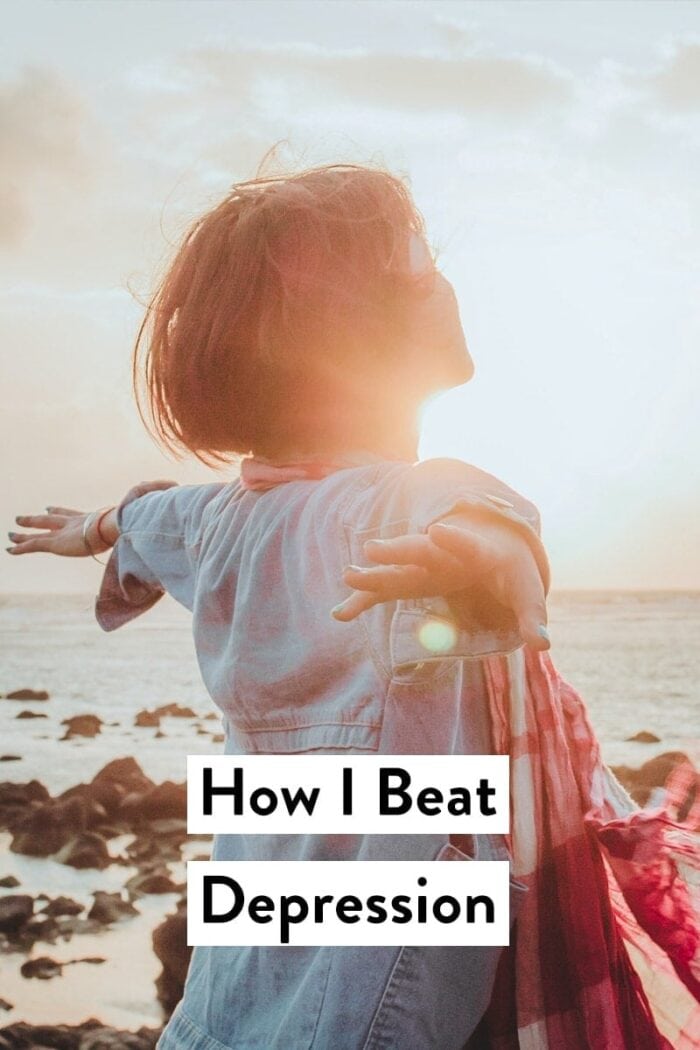
My Story + Why I Made a Change
While it may sound surprising, I dealt with depression when I was younger. Mental illness runs in my family, and a combination of genetics and external circumstances led me to a diagnosis of clinical depression. I did all the things I was supposed to – medications, therapy, regular appointments with doctors – and yet I still didn’t feel my best. There was always sadness lurking inside of me, waiting for the right moment to creep back into my life.
When I began really learning about the connection between mental and physical health, I made the decision to really try to fight my depression naturally. I may have genetics against me, but that just means I need to give my body the best fighting chance I can. Skin cancer also runs in my family, so I am a stickler for sunscreen, and I stay away from hormone disruptors. It’s the same concept! Just like my skin is an organ of my body that I can protect and nourish, so is my brain.

What Worked for Me
After making the decision to really change my lifestyle, I spoke with my psychiatrist about things I wanted to try. With her support and guidance, I was able to get off the antidepressant I had been taking for years. I learned some major things about my body and mind through that journey, and I’m so grateful to say that I am now depression-free.
I want to reiterate that this is my story. Every body and brain is different. I am in no way suggesting you throw your medication in the trash or stop seeing your doctor. In fact, I highly encourage you to talk to your doctor about about your treatment. Make sure that the changes you have in mind are right for you. Many people need to take medication along with making lifestyle changes, and that is okay. There is zero shame in taking medication for mental illness! Even if you aren’t comfortable or aren’t able to stop taking medication, many of these steps may work great in conjunction with your current health plan.

1. Gave Up Alcohol
There have been so many studies done on the link between depression and alcohol use, and I knew that there was probably a correlation between my own mental health and drinking. While I now will occasionally have a glass of wine with dinner, it was important at the time that I take alcohol completely out of the equation. I also wanted to make sure that I wasn’t self-medicating with alcohol. I felt it was important for me to be able to feel my emotions and work through them.
Giving up drinking on a regular basis allowed my brain to get back to its normal levels of dopamine and serotonin, two chemicals that impact mental health. Alcohol initially increases the level of both chemicals in your brain, which is why you might feel better after drinking a few beers after a bad day. But long-term use can lower both dopamine and serotonin levels, making depression much more likely.
I found that without alcohol, I felt so much more stable. My mind and body felt different and healthier. I felt like I had a much better handle on my emotions, and instead of reaching for a drink when things were hard, I used other coping skills. Like I said, I drink on occasion now, but giving it up at that time made a major positive impact on my life.
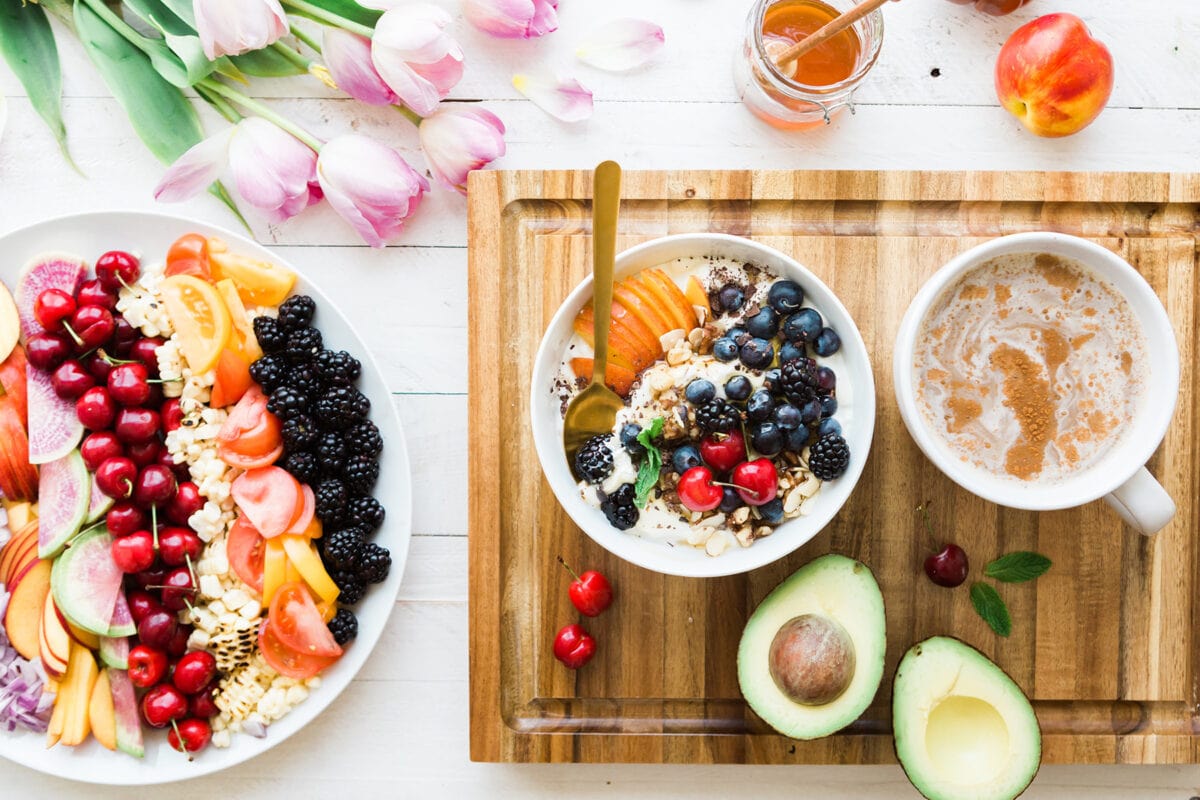
2. Changed How I Ate
I was becoming vegan right around this time period, so I was beginning to eat differently, but I also added in foods to really combat my depression. I focused on eating real, whole foods instead of processed foods. I made sure what I was consuming was nutrient-dense. Vitamins B, C, and D are vital for fighting depression, so I made sure I was getting plenty of those nutrients.
I had also really started to cook more, which is something I (obviously) love to do. I not only enjoyed cooking, but seeing the fruits of my labor and knowing I was treating my body well made me feel emotionally good, too.
I also completely gave up coffee and began drinking tea with less caffeine. Not having so much caffeine in my body helped stabilize my energy levels, and since I wasn’t dependent on it, I slept better and found it easier to get moving in my mornings.
There have been some studies showing that coffee may actual help with depression, but others have shown that caffeine can disrupt chemicals like dopamine and gamma-aminobutyric acid (GABA). Low levels of both chemicals can cause depression, anxiety, and even low self-esteem. For me, it worked well to cut coffee out of my diet and focus on getting my energy in other ways.
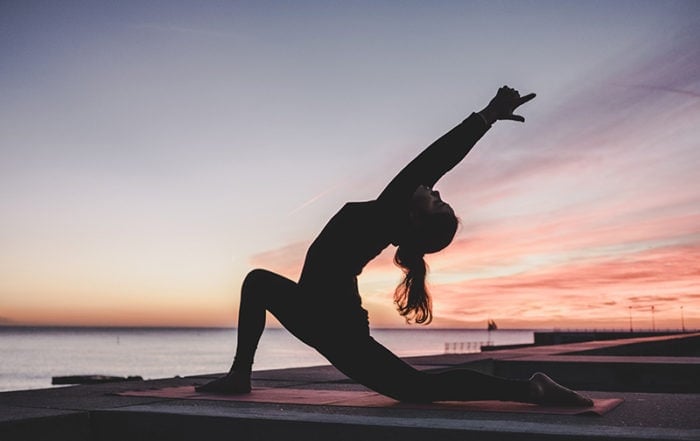
3. Exercised Daily
Exercising daily was a huge part of my recovery from depression. There have been so many studies that show that exercising regularly helps treat and even prevent depression. If you take an antidepressant and would like to stay on it, exercise and medication can be a really effective way to treat your depression.
When you exercise, your body releases endorphins, which reduce feelings of pain and also give you a positive feeling. They’re why so many people get a “runner’s high” when running. Exercise helps reduce anxiety, depression, and even helps you to sleep better.
I found that yoga was a major help for my depression. It helped me to really connect spiritually to the world and to my body, not to mention helping me to relax. Yoga helps to decrease stress by lowering heart rate and blood pressure, easing breathing, and letting the body take stress in stride. Since stress can be a major factor in depression, yoga has shown to be incredibly beneficial. Chronic pain can also cause depression, which yoga can help ease.
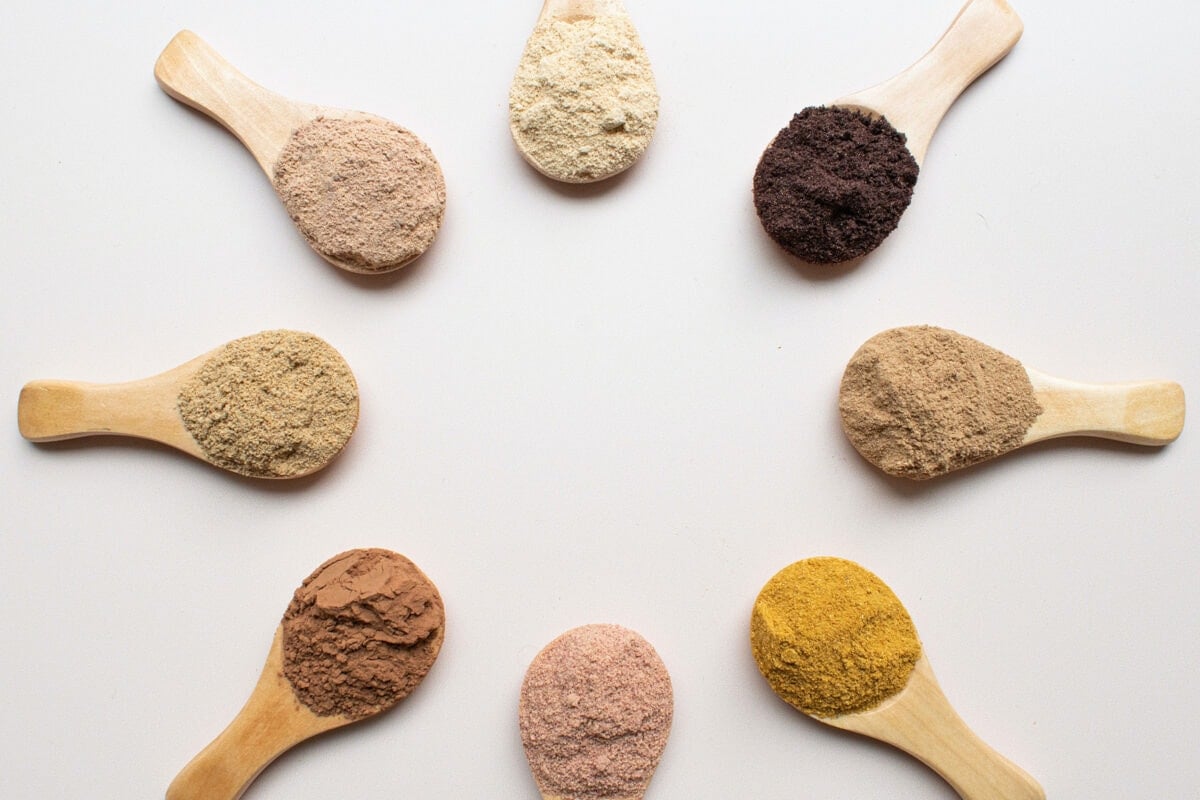
4. Took Supplements
It was about ten years ago when I started treating my depression naturally, and back then, the options as far as supplements were more limited than they are now. I took St. John’s Wort to help wean myself off my antidepressant, and it helped tremendously. Fish oil and vitamin B and D supplements have also shown to be effective at treating depression.
S-adenosylmethionine (SAM-e), L-Methylfolate, and 5-hydroxytryptophan (5-HTP) are also used to treat depression, as well as premade supplement blends.
Again, talk to your doctor before you start any supplement, especially if you’re already on any type of medication, for depression or otherwise.

5. Got Plenty of Sun
Not getting enough sunlight can greatly impact your mental health. Not only does being in the sun just make you feel good, sunlight is full of vitamin D!
People who live in parts of the world with shorter days or less sunny weather tend to have more depression. I try to spend as much time outside as I possibly can, whether it’s on walks or runs or just sitting in my backyard.
If you live in a rainy or cold climate, tend to suffer from Seasonal Affective Disorder, or are just stuck in a windowless office, consider investing in a light therapy lamp.
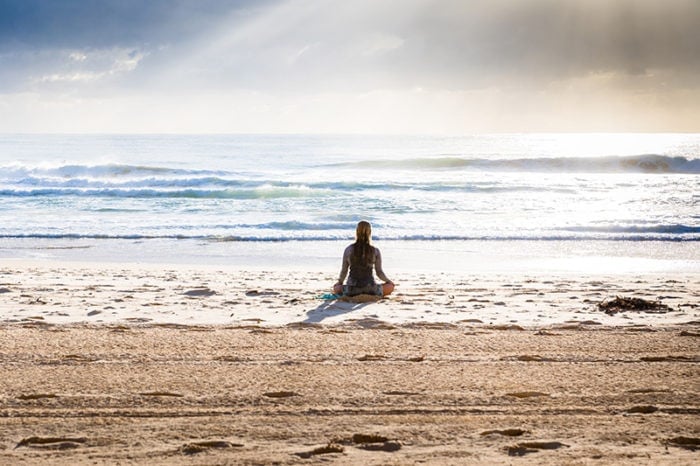
6. Meditated
One of the major changes I made was to start meditating every single day for 25 minutes. Obviously, that was before I had kids (I meditate about 5 minutes a day now), but it really helped reset my brain. Meditation works best when you practice it on regular basis. It’d be great if one session healed you, but, unfortunately, like most things, that’s not the case. However, meditation is an amazing tool for staying in the present, practicing gratitude and mindfulness, and just feeling emotionally better. In fact, one study has shown that it may actually be more effective than exercise for depression.
If you’ve never meditated before, or you can’t seem to quiet your brain, that’s okay! There are really great apps you can download that will lead you through guided meditations. I like Calm and Headspace.
One Last Note
As I mentioned earlier, this was my own personal journey with depression, and it may not be the right fit for you. I really encourage you to talk to your doctor if you are struggling and see if they think any of these methods could help you.
There is absolutely no shame in dealing with mental health issues, and there is no shame in asking for help. I hope that this list has given you some ideas and to also know that, no matter how you feel right now, there are definitely better days ahead.
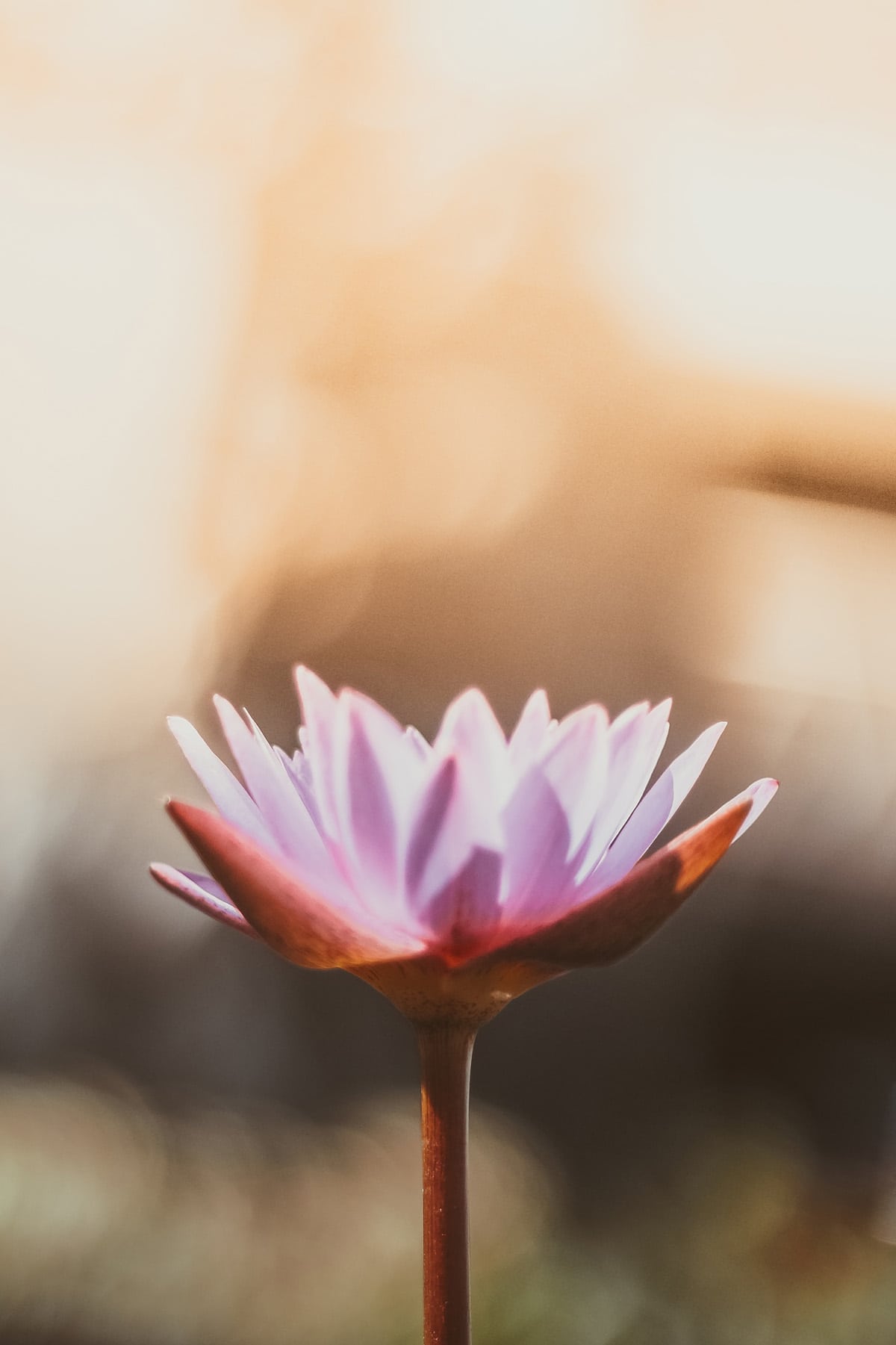
Read More on Health & Wellness
- Dopamine Detox – What is It and How to Do It
- All About Ashwagandha
- 20 Self Care Ideas for a Healthy Happy You
- All About Cordyceps
- Best 5 Adaptogens For Anxiety Relief And Stress Reduction
- All About Hygge
- Self-Care When You’re Stuck Inside
- 6 Gentle Natural Detox Methods
- All About Reishi – The Mushroom of Immortality
- One Day Detox
- Medicinal Mushrooms for Anxiety
- Immunity Boosters
- How To Keep Up a Healthy Lifestyle When You’re Stuck at Home
- Yoga Detox – 8 Easy Yoga Poses to Detox your Body
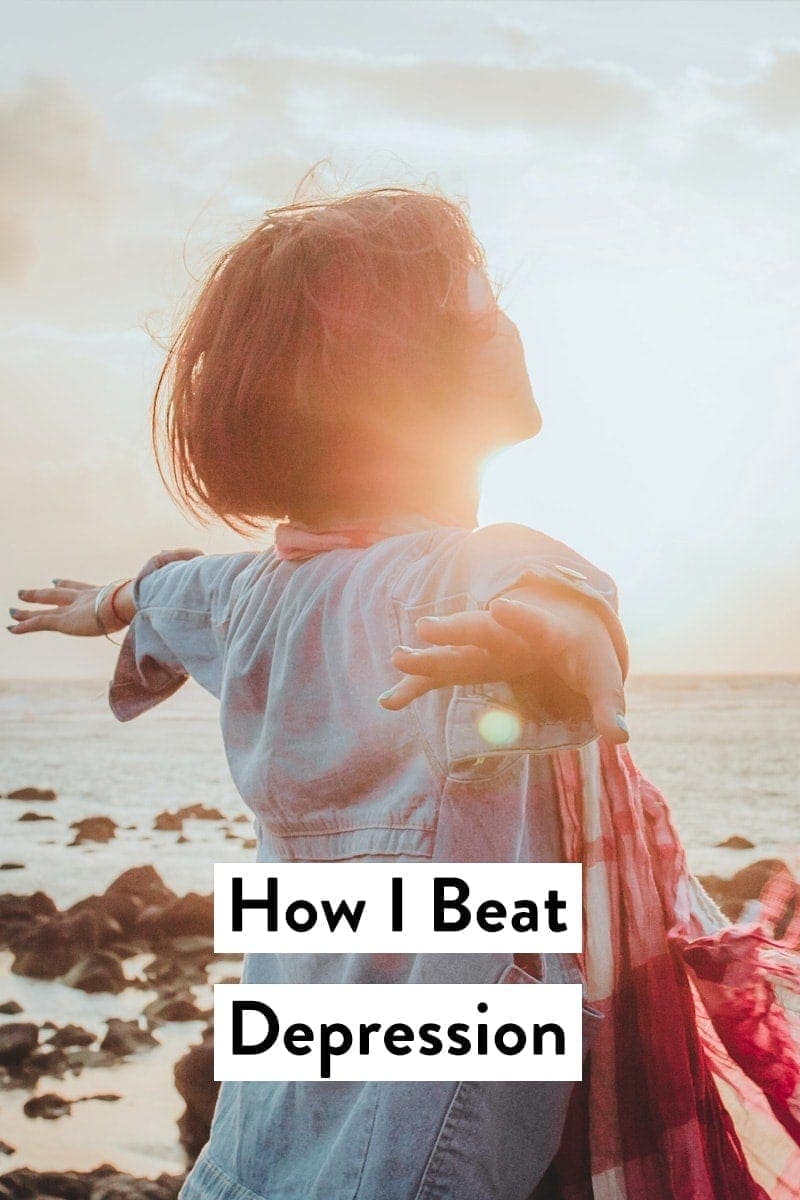
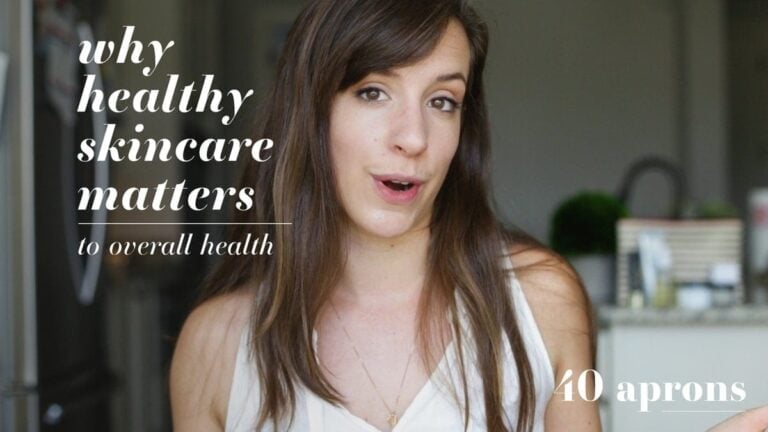
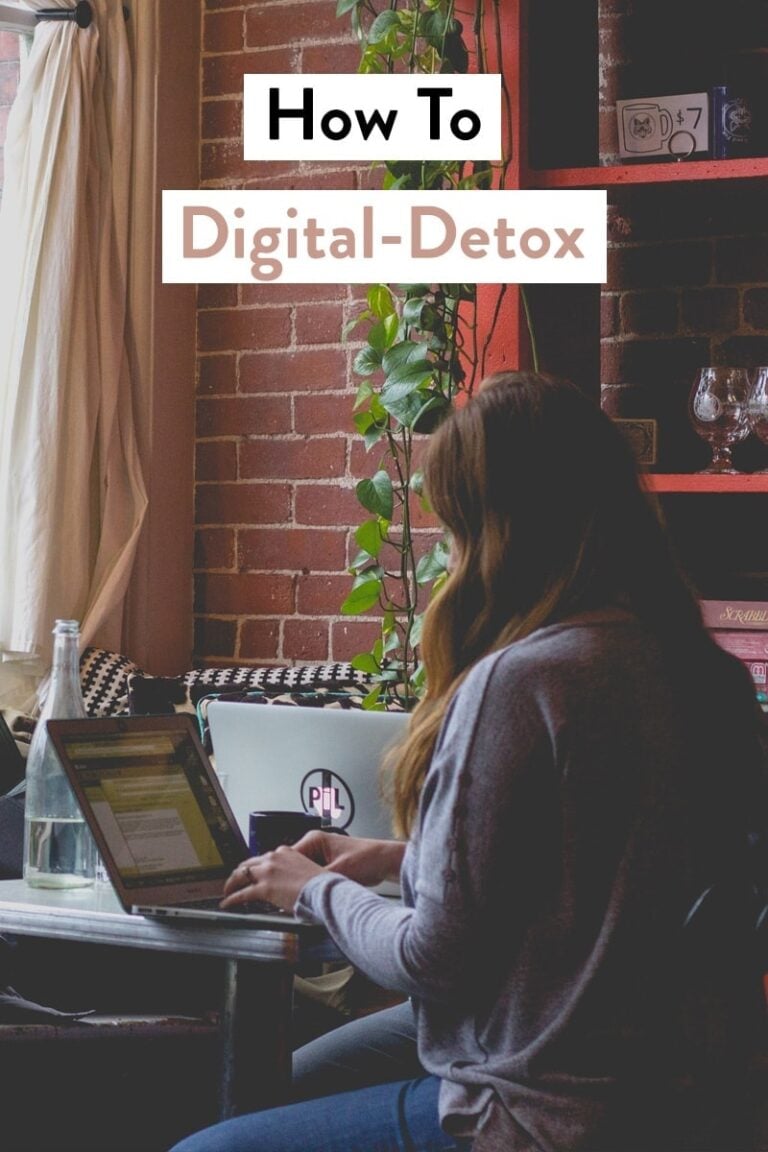

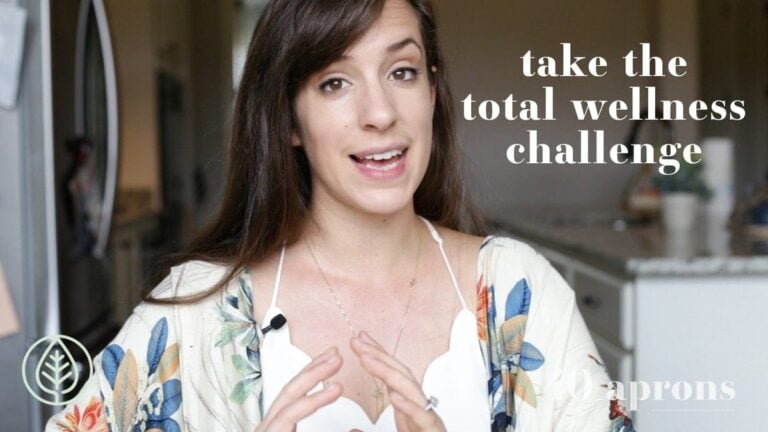

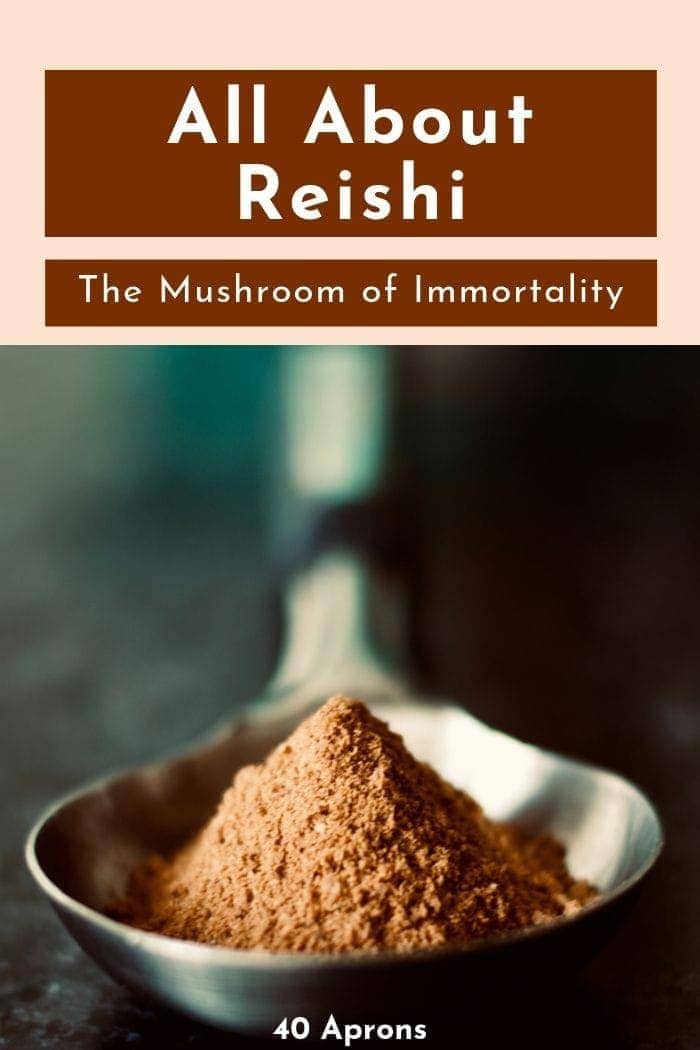










Never Miss A Meal!
New Recipes Straight To Your Inbox
A curated selection of our most recent recipes, delivered straight to your inbox once a week.
Thank you!
You have successfully joined our subscriber list.